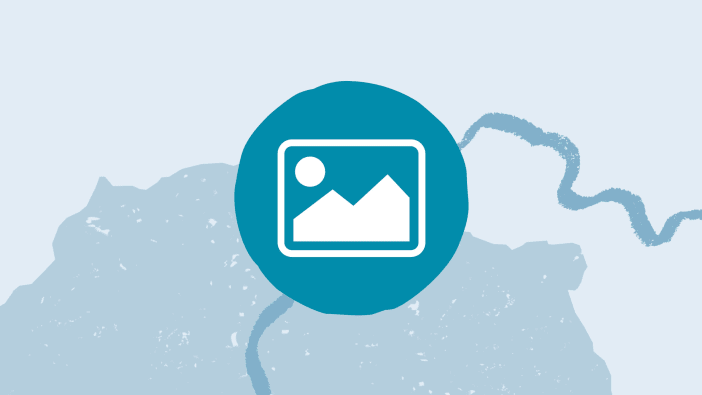To help us discover more about how Footsteps is used, a survey form was sent out with Issue 47 to 1 in 20 readers, selected at random. We have analysed the first 180 survey forms.
- We wanted to find out what respondents think of Footsteps – whether it is easy to read and whether the articles are interesting and useful.
- We wanted to find out about what respondents are doing with their copies whether they are using the information for training others or for project work, and whether they are translating articles.
- In order to improve the impact of Footsteps in the future, we wanted to know which topics you hope to see covered in future issues.
Readership profile
As we discovered in the 1993 survey, the majority of readers who responded are male (75%) and over half have a university degree. Most of the Footsteps respondents (63%) are between 31 and 50 years of age.
Respondents are involved in a wide range of types of development work. While only 13% regard themselves as working directly in development, education and training accounts for 31% of respondents, facilitating and support for 19% and management and administration for a further 16%. Areas of work are dominated by agriculture (17%), health (21%) and the church (21%).
Availability
Over 90% of respondents share their copy of Footsteps with other people. Over one-fifth of respondents share it with at least 20 other people. Less than 1% of respondents throw Footsteps away after reading it.
We are encouraged to hear that many people are translating parts of Footsteps (45% of respondents). Footsteps is translated into many local languages with over 60 languages mentioned by the respondents so far.
Use
Over one-third of respondents regularly use Footsteps for teaching or training, while over half do so occasionally. Over 20% use Footsteps for training groups of over 100 people.
Around 75% of respondents receive newsletters other than Footsteps, but less than 3% of respondents receive more information resources than they can read! Respondents find Footsteps useful for obtaining other resources, with 45% requesting resources reviewed in Footsteps, most of which were free of charge.
Your comments on specific editions
In the survey, we asked for feedback on issues 43–46, to find out what practical action you had taken. Many people had discussed the information in their workplace and used it to train others. People have also used some of the ideas in development projects.
Footsteps 43: TRAINING
‘It is helping me to train many people in sustainable agriculture.’
‘We use the ideas in Footsteps because they do not require money.’
‘I used the material to train 50 volunteers who are now helping communities to manage change.’
Footsteps 44: AIDS
‘We have made a theatre and used puppets to teach extension workers.’
‘We found the material to be the right level for use by 1,400 leaders working with children’s groups.’
‘We have shared the material on HIV/AIDS with church members and this has begun to change attitudes.’
‘My students used the materials in Footsteps to form a writers’ club to share information about HIV/AIDS.’
Footsteps 45: ADVOCACY
‘This issue inspired us to speak out for children and older people.’
‘We have found the six-step cycle in advocacy to be easily understood by village communities.’
‘We are training one person from each of 25 villages to speak out on behalf of others.’
Footsteps 46: TECHNOLOGY
‘I adopted the ideas to improve the poultry farming which supplements my income.’
‘We used the information on rainwater harvesting to develop a project proposal.’
‘I organised some practical classes for 10 women and 21 men and taught them about the sawdust stove and biogas converter.’
Other comments
Most respondents (87%) believe that Footsteps is either helpful or very helpful in their work. Many added encouraging comments. A quarter of respondents share Footsteps articles with their local media – radio (14%), newspapers (17%) and TV (2%). Respondents highlighted a lack of resources, both financial (34%) and physical (23%), a lack of skills and skilled workers (15%), and AIDS (10%) among the key problems they face. Training (29%), sharing information and resources (17%) and promoting sustainable development (14%) were the most common objectives for the next ten years.
Thank you to all who have replied. We have been encouraged to hear about how Footsteps is being used around the world and we look forward to covering the subjects you have requested in future issues so that Footsteps can have the greatest impact possible. If you haven’t yet returned your survey form, we would like to encourage you to do so as the information it contains will still be used.









